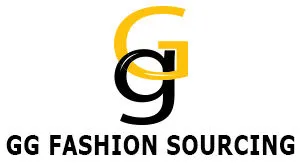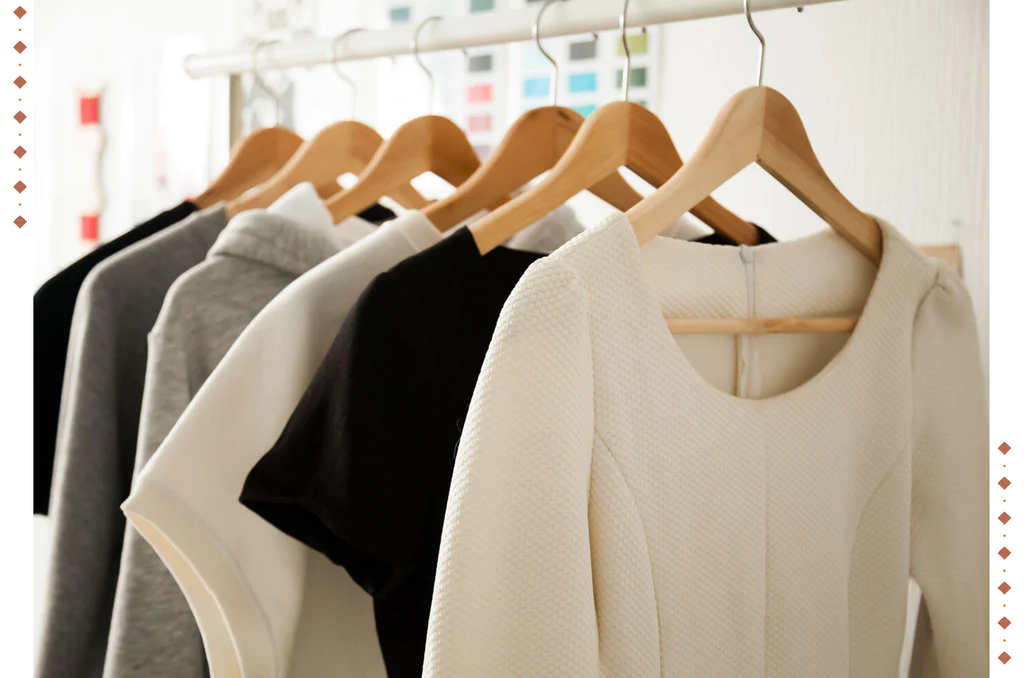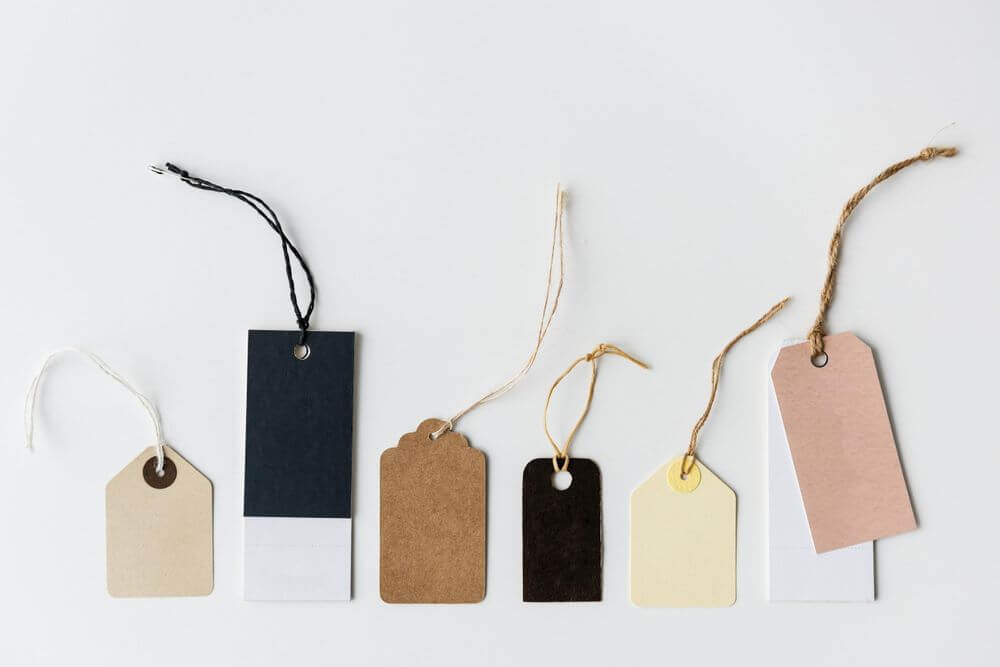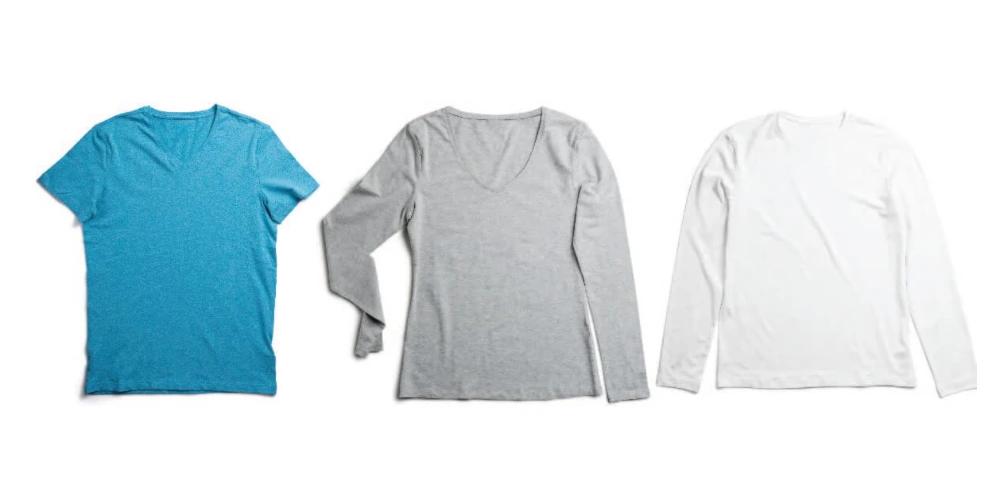Private-label clothing manufacturing has gained significant popularity in recent years. Many businesses, both small and large, are leveraging this approach to create their clothing lines and establish a unique brand identity. Suppose you’re interested in diving into the world of private-label clothing manufacturing. In that case, this article will guide you through the secrets of this industry(private-label clothing manufacturing secrets) and provide valuable insights to help you succeed.
- Understanding Private Label Clothing Manufacturing:
- Private label clothing manufacturing refers to the process of partnering with a manufacturer to produce clothing under your brand. This approach allows you to customize various aspects of the clothing, such as design, fabric, and labeling. By leveraging private-label manufacturing, you can bring your unique vision to life and offer distinct products to your target market.
- Advantages of Private Label Clothing Manufacturing:
- Brand Differentiation: Private label clothing enables you to create a brand that stands out from the competition. By customizing the design, fabric quality, and packaging, you can establish a unique brand identity that resonates with your target audience.
- Quality Control: When working with a private-label clothing manufacturer, you have control over the quality of your products. You can ensure that your clothing meets your desired standards, allowing you to deliver premium products to your customers.
- Cost-Effective: Private label manufacturing eliminates the need for investing in costly production equipment and infrastructure. By partnering with a manufacturer, you can benefit from economies of scale, reducing manufacturing costs and increasing profit margins.
- Finding the Right Private Label Clothing Manufacturer:
- Research: Conduct thorough research to find reputable private-label clothing manufacturers that align with your brand values and product requirements. Look for manufacturers with a proven track record, positive reviews, and the ability to handle your desired clothing categories.
- Communication: Once you shortlist potential manufacturers, establish clear communication channels. Discuss your expectations, product specifications, production timelines, and pricing to ensure both parties agree.
- Samples and Prototypes: Request samples or prototypes from different manufacturers to assess the quality of their work. This step is crucial in making an informed decision and selecting a manufacturer that aligns with your brand’s quality standards.
- Designing Your Private Label Clothing Line:
- Identify Your Target Market: Determine your target audience and their preferences. This knowledge will guide your design decisions, ensuring your clothing line resonates with your intended customers.
- Branding and Packaging: Develop a cohesive brand identity that reflects your brand’s values and aesthetic. Design appealing packaging that enhances the overall customer experience and reinforces your brand image.
- Unique Designs: Create unique clothing designs that differentiate your brand from competitors. Consider trends, color schemes, and materials that align with your target audience’s preferences while staying true to your brand identity.
-
The Clothing Manufacturing Process:
- Material Sourcing: Work closely with your manufacturer to select high-quality materials that align with your brand’s standards and product requirements.
- Sampling and Production: Once the design and materials are finalized, the manufacturer will create a sample for your approval. Once approved, the production process begins, including fabric cutting, sewing, quality control, and packaging.
- Quality Assurance: Implement a rigorous quality assurance process at various stages of production to ensure that your clothing meets the desired standards of quality and workmanship.
- Delivery and Distribution: Coordinate with your manufacturer to establish efficient logistics and shipping methods to deliver your products to your customers promptly.
Private-label clothing manufacturing opens up endless possibilities for businesses to create their clothing lines and establish a unique brand identity. By understanding the secrets of this industry, finding the right manufacturer, and designing.
For More Information Contact Us



